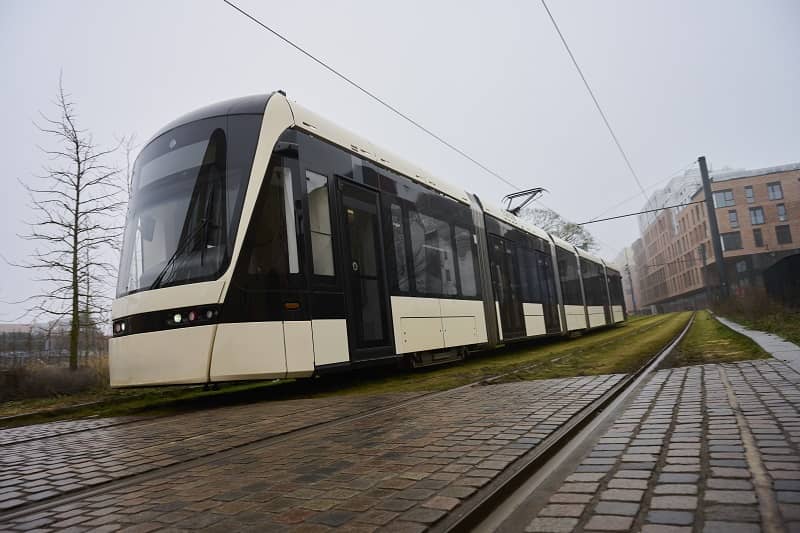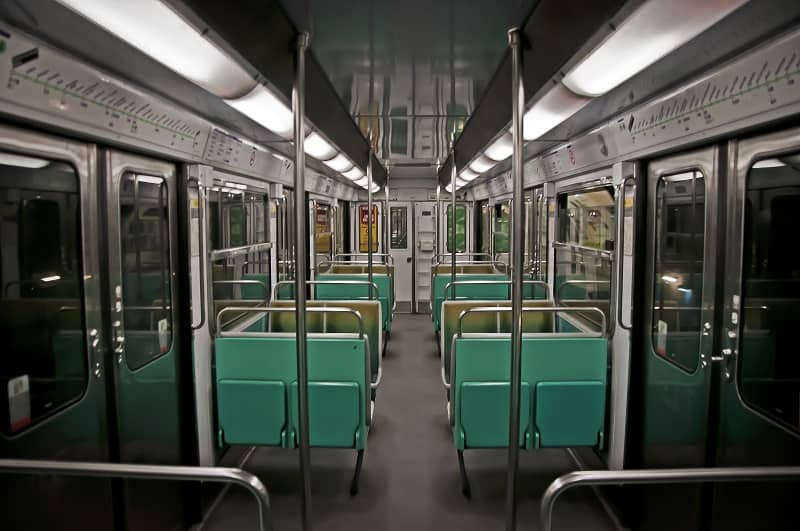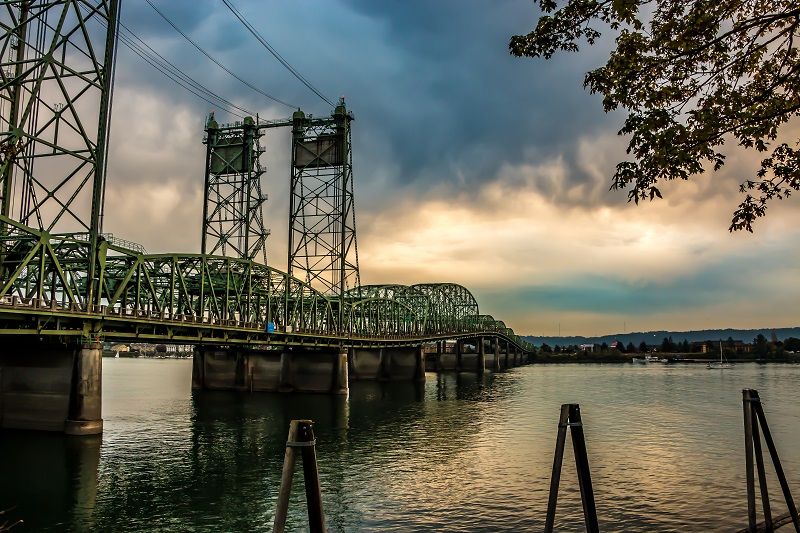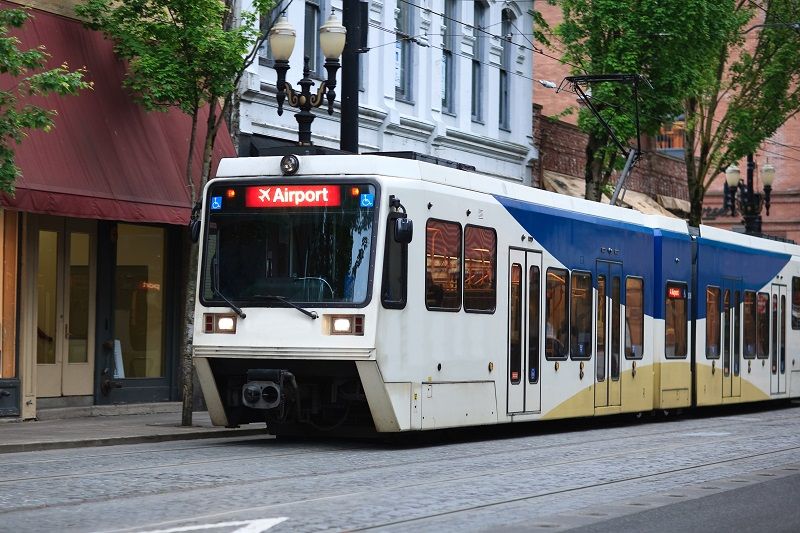September 14, 2023
FOR IMMEDIATE RELEASE
Cascade Policy Institute
4850 SW Scholls Ferry Rd., Ste. 103
Portland, OR 97225
Media Contact:
John A. Charles, Jr.
Phone: (503) 242-0900
john@cascadepolicy.org
Portland, Ore. – A new report published by Cascade Policy Institute recommends ways the TriMet regional transit agency can modernize bus service to meet the transportation needs of current and future transit customers in the Portland Metro Area.
TriMet in the Twenty-First Century was written by Randal O’Toole, a land-use and transportation policy analyst and director of the Oregon-based Thoreau Institute. O’Toole works with state-based research organizations including Cascade Policy Institute and has had fellowships at Yale, the University of California at Berkeley, and Utah State University. His most recent book is Romance of the Rails: Why the Passenger Trains We Love Are Not the Transportation We Need.
O’Toole says, “The pandemic has made it painfully clear that TriMet’s business model is hopelessly out of date. Trends that began decades ago—the dispersion of jobs and residences, telecommuting, and growing automobile ownership—were accelerated or at least continued by the pandemic. Yet TriMet, the Portland area’s largest transit agency, still operates a route structure that was designed for the early 1900s.”
Instead of updating TriMet’s business model, Metro and TriMet have long pursued a strategy that encourages redevelopment of the Portland area to look more like it did in 1910, using the urban growth boundary to increase population densities and transit-oriented developments (TODs) to increase densities at the city center and along major transit corridors.
Yet, they cannot reverse trends that have made TriMet’s route structure obsolete: the dispersion of jobs from downtown, near-universal automobile ownership, and the automobile’s huge advantages over traditional transit in terms of speed and access to the entire urban area.
The COVID-19 pandemic drastically reduced downtown Portland’s role as a job center. Portland may never recover former workers who now work from home or other locations around the region. Many high-income workers who once rode light rail now work remotely. Many low-income workers who once took the bus have increased their automobile ownership and reduced their dependence on public transit. TriMet ridership may never recover to pre-pandemic levels, yet the agency faces nearly $3 billion in debt plus pension and health care liabilities.
The report examines three alternative ways of reforming TriMet for the 21st century:
- Convert TriMet’s downtown-centric route system into a polycentric system with multiple hubs connected by non-stop buses, with local buses radiating away from each hub;
- Replace fixed bus routes with an on-demand system like Uber Pool; and
- Reallocate TriMet’s operating subsidies to transit riders in the form of discount vouchers, with lower-income customers receiving higher discounts, thus targeting subsidies based on incomes and giving TriMet better information about where people want to travel.
TriMet in the Twenty-First Century focuses on making—and keeping—public transit relevant and financially solvent. It offers specific solutions to address the region’s current and future public transportation needs, considering the ways people live, work, and commute today.
The full report, TriMet in the Twenty-First Century, can be read and downloaded online here.
About Cascade Policy Institute: Founded in 1991, Cascade Policy Institute is Oregon’s free-market public policy research center. Cascade’s mission is to explore and promote public policy alternatives that foster individual liberty, personal responsibility, and economic opportunity. For more information, visit cascadepolicy.org.












